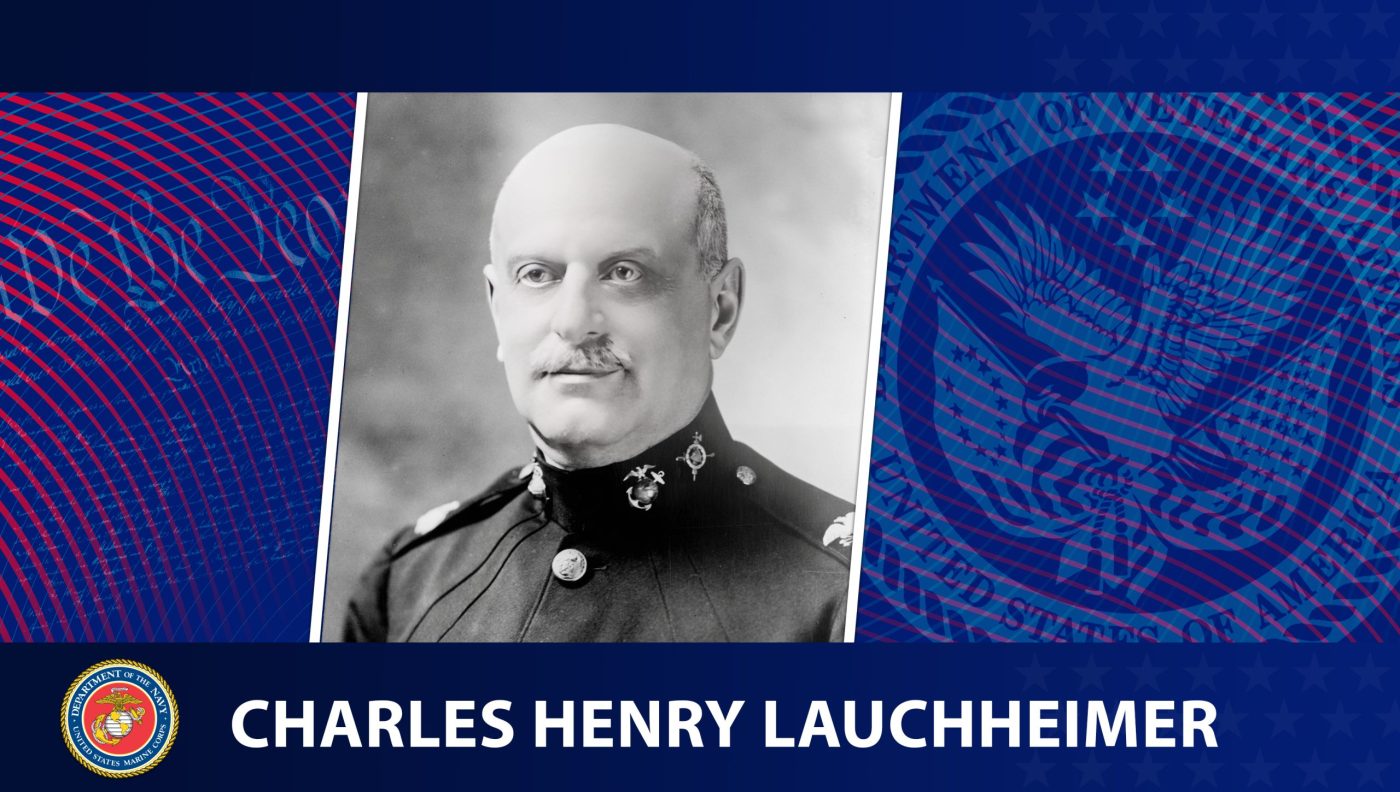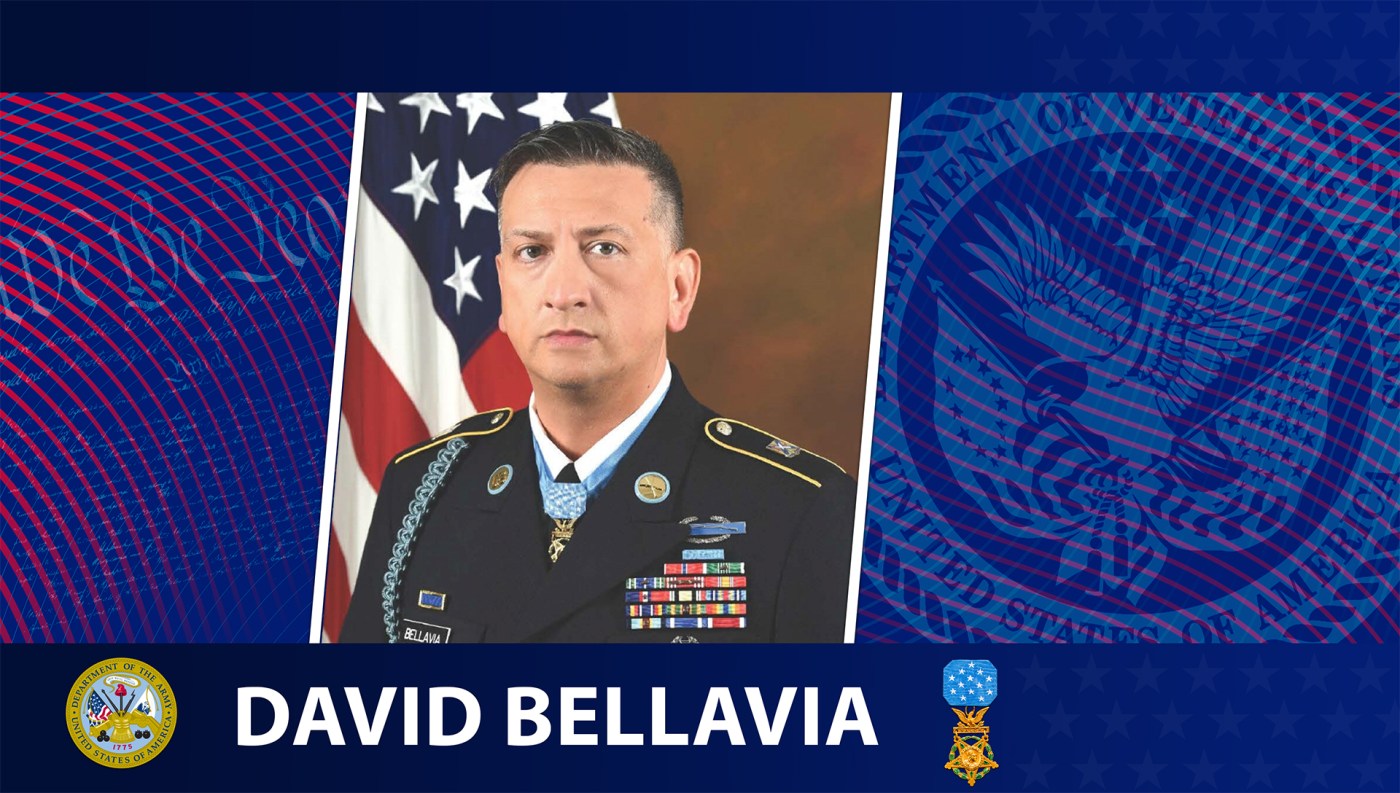Charles Henry “Lauc” Lauchheimer was born in September 1859 in Baltimore, Maryland, to Meyer Henry Lauchheimer and Babbette Eichberg. His military journey began at the United States Naval Academy in Annapolis, where he graduated in 1881, ranking in the top quarter of his class.
Lauchheimer’s early naval career began aboard the USS Richmond from 1881 to 1883. Following this tour, he was commissioned as a second lieutenant in the Marine Corps, which allowed him to assume command of the USS Ossipee. He was then able to patrol the strategic waters of the Suez Canal and venture into the Western Pacific. During the second year of the cruise, Lauchheimer fell victim to a severe bout of typhoid fever. He later attributed this illness to contaminated drinking water in Nagasaki, Japan. The severity of his condition was evident in the 70 days he spent on the sick list, a significant portion of his deployment.
In 1884, Lauchheimer earned a law degree from Columbia University, a credential that would prove invaluable throughout his career. His legal expertise propelled him to the office of the Judge Advocate General of the Navy by 1892, where he excelled in court-martial proceedings and civilian litigation. Lauchheimer authored two seminal works: “Naval Courts and Naval Law” and “Forms of Procedure for Naval Courts and Boards,” which significantly shaped naval legal education.
Attaining the rank of brigadier general, Lauchheimer was appointed Adjutant and Inspector of the Marine Corps in 1905. In this role, he revolutionized marksmanship as the Inspector of Target Practice, overseeing live-fire ranges and fostering competitive shooting programs that enhanced the Corps’ combat readiness. Lauchheimer’s impact on the Marine Corps’ marksmanship endured beyond his lifetime. The Lauchheimer Trophy, established by his family and first awarded in 1921, continues to recognize excellence in small arms proficiency.
The United States Marine Corp Reserve, established on Aug. 29, 1916, is celebrating its 108th anniversary this year. Lauchheimer’s efforts were instrumental in the establishment of Marine branches within the state naval militias. His support culminated in the Naval Appropriations Act, which officially created the Reserve. This foresight allowed for rapid expansion during World War I, with personnel growing from about 35 to over 6,000.
For his service to naval law and marksmanship training during World War I, Lauchheimer received a Victory Medal, and was posthumously awarded a Navy Distinguished Service Medal.
Lauchheimer died at the Naval Hospital in Washington, D.C., in January 1920, following a cerebral hemorrhage after a third stroke. He was laid to rest in Arlington National Cemetery.
We honor his service.
Nominate a Veteran for Honoring Veterans
Do you want to light up the face of a special Veteran? Have you been wondering how to tell your Veteran they are special to you? VA’s Honoring Veterans social media feature is an opportunity to highlight your Veteran and his/her service.
It’s easy to nominate a Veteran. All it takes is an email to newmedia@va.gov with as much information as you can put together, along with some good photos. Visit our blog post about nominating to learn how to create the best submission
Veterans History Project
This Honoring Veterans profile was created with interviews submitted to the Veterans History Project. The project collects, preserves, and makes accessible the personal accounts of American war Veterans so that future generations may hear directly from Veterans and better understand the realities of war. Find out more at http://www.loc.gov/vets/.
Writer: Yosaida Santana
Editors: Tayler Rairigh & Kinsey Spratt
Graphic Designer: William Vega
Topics in this story
More Stories
This week’s Honoring Veterans Spotlight honors the service of Army Veteran David Bellavia, who received a Medal of Honor from the Iraq War’s deadliest operation, the Second Battle of Fallujah.
This week’s Honoring Veterans Spotlight honors the service of Army Veteran Scotty Hasting, who served in Afghanistan.
This week’s Honoring Veterans Spotlight honors the service of Army Veteran Roy Sheldon, who served in 97th General Hospital in Frankfurt, Germany.






